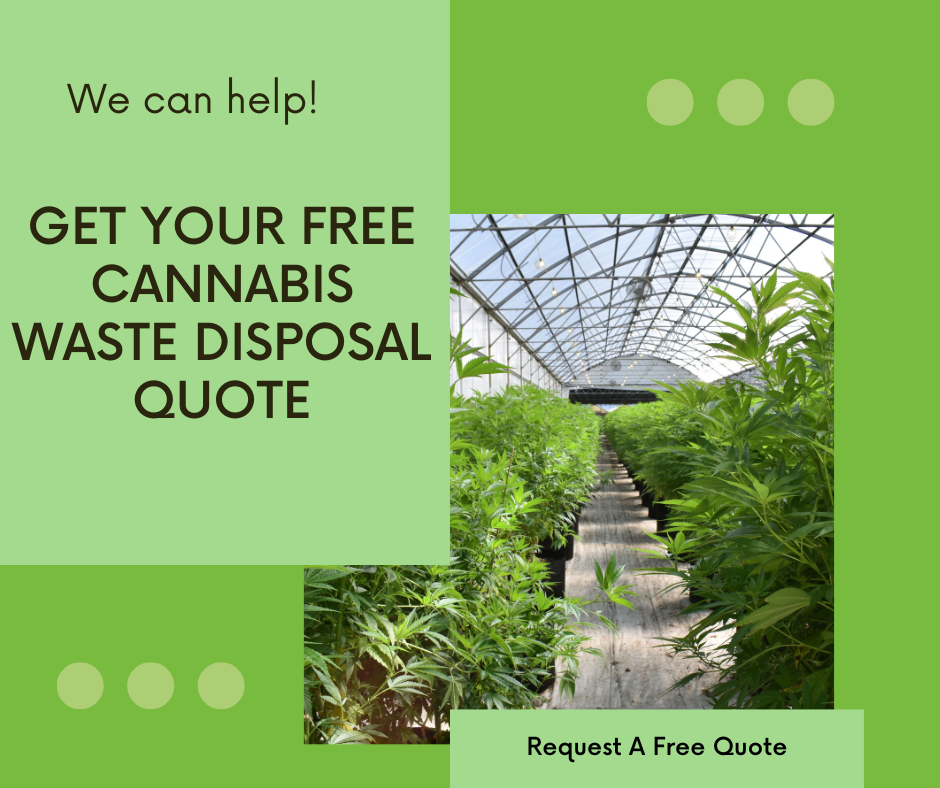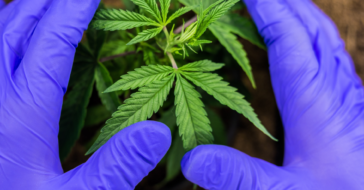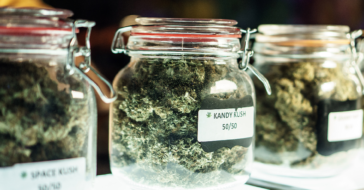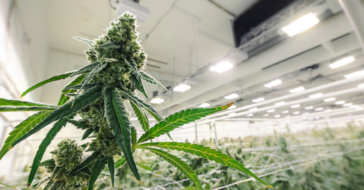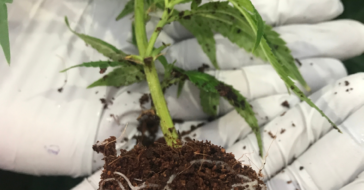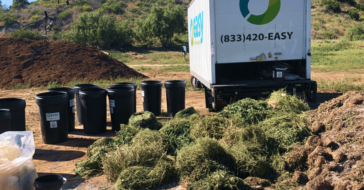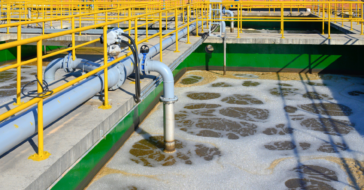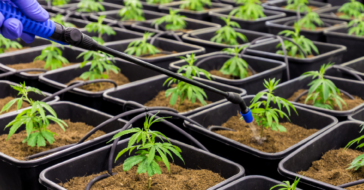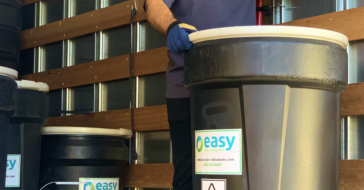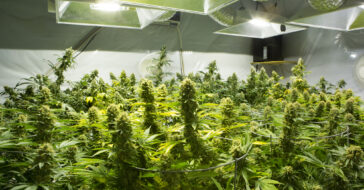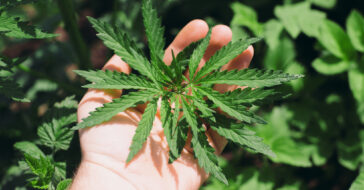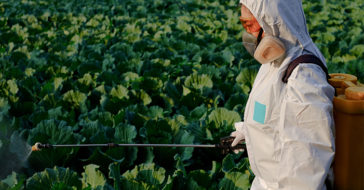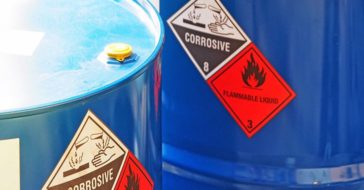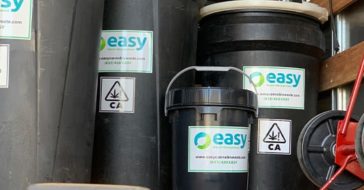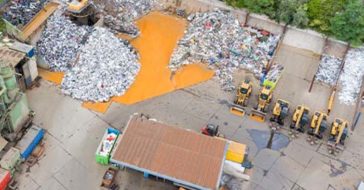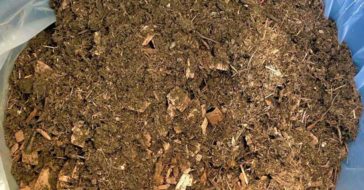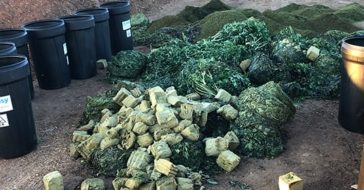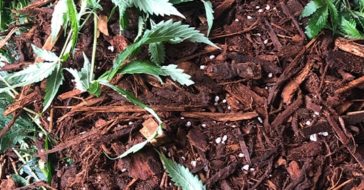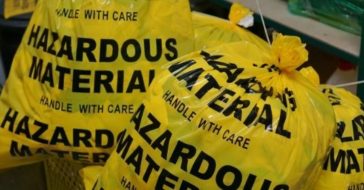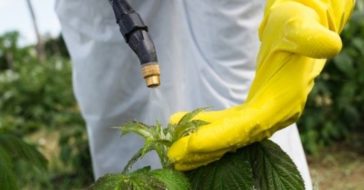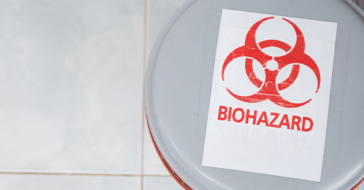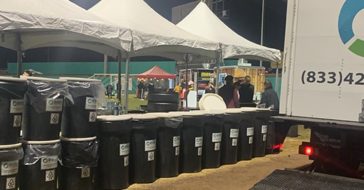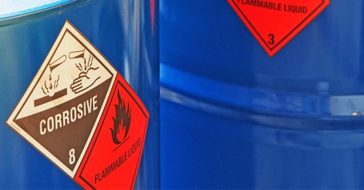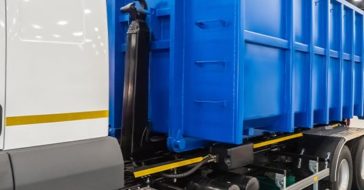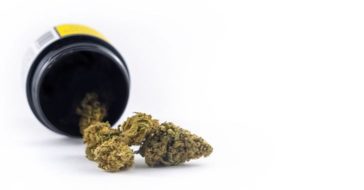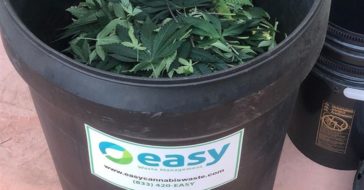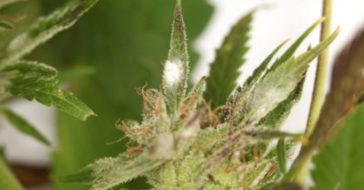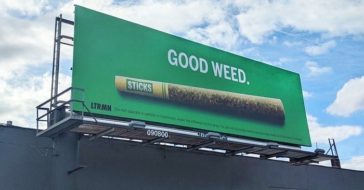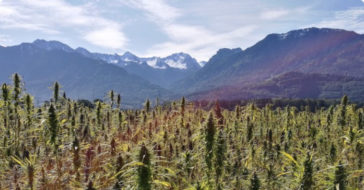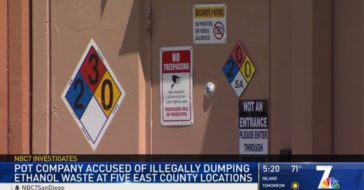As a cannabis company, you know the complexities that come with operating this type of business. At times, it can feel like your daily checklist gets longer and longer to ensure your business is remaining in compliance, especially at a time when all eyes are on the evolving cannabis industry.
Waste management is a beast of its own when it comes to your day-to-day operations, and it’s critical to ensure this part of your business crosses every T and dots every I.
Here are six cannabis waste disposal guidelines to follow to help ensure you can confidently check proper waste management off your list:
- Separate your cannabis waste.
- Secure your cannabis waste.
- Some waste must be rendered unusable.
- Know your CCTT requirements.
- Develop a cannabis waste management plan.
- Work with an experienced cannabis waste transporter.
Separate Your Cannabis Waste
Most businesses have more than one waste stream. Particularly cannabis companies may have to have specific procedures for how they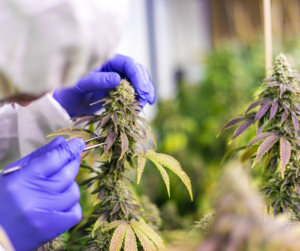 separate multiple types of waste – each with its own set of regulatory requirements.
separate multiple types of waste – each with its own set of regulatory requirements.
Even within cannabis waste, there are several types of waste materials, including:
- Plant waste (leaves, stems and roots)
- Manufacturing waste (generated during the extraction, distillation and refinement of cannabis products)
- Soil (which could be contaminated with pesticides or other chemicals)
You may also generate other types of waste streams, from packaging waste to laboratory waste and even electronic waste.
While some of the waste streams above like plant waste are generally non-hazardous, others are considered hazardous. In California, even most types of electronic waste have hazardous components.
It’s critical to keep your cannabis waste or marijuana waste separate from other waste products in order to ensure your company is meeting all disposal guidelines. Mixing cannabis waste with other types of waste can also create hazardous working conditions for workers who dispose of the waste, unaware that the items they are handling are potentially contaminated with a harmful substance.
Secure Your Cannabis Waste
After separating your waste, it’s important to use designated waste containers that are clearly labeled and kept in a secure location. Employees should be aware of which containers are designated for cannabis waste, and which waste is considered hazardous.
Secure containers should be used to store your waste on-site, when preparing it for shipment and transporting it to a disposal facility.
The best cannabis waste disposal companies will provide you with UN-rated containers to ensure the secure handling of your waste. UN-rated containers are air-tight and offer maximum odor protection.
Your containers should also include biodegradable lining to ensure proper hygiene and should meet any state regulations in place to prevent dolor and spillage. Cannabis materials can emit strong odors, which may lead to complaints and subsequent violations.
While these containers themselves are secure, it’s important to store these containers in a secure location where they cannot be accessed by someone without authorization.
Some Waste Must Be Rendered Unusable
If any type of cannabis waste comes in contact with THC, at the end of the waste management process, you must render it unusable and unrecognizable.
unrecognizable.
There are additional defined times in which cannabis waste must be rendered unrecognizable and unusable as well. For example:
- When cannabis flowers or products don’t meet testing or quality requirements, they must be rendered unusable before disposal.
- Recalled cannabis flowers or products must be rendered unusable after a minimum 72-hour quarantine prior to disposal.
- All rendering of cannabis flowers and products must be done under video surveillance unless the licensee performs the rendering during active cultivation activities on the premises licensed exclusively for cultivation.
- Samples held by licensed testing laboratories can now be rendered unrecognizable and unusable after at least 45 business days after analysis.
When does “unusable” and “unrecognizable” mean? Prior to disposing of your cannabis waste, you must ensure all cannabis plant materials and by-products are deconstructed so that nobody can tell what the material is and that they are destroyed so that nobody can consume or use the material.
Yet rendering cannabis waste unusable or unrecognizable isn’t as clearly defined. While some companies may use approved detergent or grease over the waste so that it can’t be used, others might grind the materials and blend them with non-consumable solid waste.
Know Your CCTT Requirements
All state-issued cannabis licensees must use the California Cannabis Track-and-Trace (CCTT) to record and track information related to their cannabis inventory. Also known as “seed to sale” reporting, this system tracks cannabis products through the supply chain, from cultivation to the sale of products.
The primary goal of the CCTT is to ensure transparency, accountability and regulatory compliance within the state’s cannabis industry. The system uses specialized software and databases to track the entire lifecycle of a cannabis product.
Key areas include:
- Cultivation tracking
- Harvest and processing
- Distribution
- Transportation
- Sales and retail
- Reporting and compliance
- Recalls and safety
- Waste removal
To use the system, you must assign a nonrepeating unique identifier (UID) to each immature lot, flowering plant or distinct cannabis product.
As a cannabis waste generator, it’s critical to ensure you are meeting all regulations included in the state’s CCTT. This includes creating a detailed cannabis waste management plan, which we’ll discuss in the next section.
Important note: Temporary cannabis licensees are not required to use the CCTT system. In fact, any business with a temporary cannabis license will not be able to access it. Instead, you must document all sales and transfers manually through paper sales invoices or shipping manifests, according to the California Department of Food and Agriculture.
Develop A Cannabis Waste Management Plan
A cannabis waste management plan is an important component of your operations and required under the CCTT. This plan outlines your methods for handling any cannabis waste that you generate on your property.
Your plan must address all areas of your waste disposal, even if you are disposing of non-hazardous cannabis waste on-site through methods like composting or mulching. If transporting your waste off-site, your plan should include details like which waste receptacles you use and the security of those containers.
Licensed cannabis operators must also identify and weigh cannabis waste, which should be part of your regular processes. Other areas to highlight in your waste management plan include:
- The types of waste your business generates, whether that waste is plant material, packaging, hazardous materials or other types of byproducts
- The categories your waste falls into, such as organic vs. non-organic waste, hazardous waste or recyclable
- Procedures for handling your waste, including how that waste is collected, stored and handled within the facility
- A waste collection schedule you have set up or plan to implement, such as daily, weekly or as needed
- Your procedures for sorting your waste and then storing it on-site
- Composting procedures either on-site or off-site
- Hazardous waste precautions to keep employees and the public safe
- Transportation protocols for moving cannabis waste to the appropriate facilities, including who will be transporting your waste
- Disposal methods, such as landfill disposal, incineration, composting or other special considerations
- Important documents and reporting methods, including manifests, disposal receipts and other reporting requirements
- Employee training in waste handling procedures
You should also have a plan in place if an emergency occurs. This plan should outline the different hazards present and protocols you have put in place to address emergencies such as spills, leaks or fires.
Once you have this plan developed, it’s a good idea to regularly review it to ensure your company is meeting current regulations. Compliance will evolve as lawmakers develop new regulations, so it’s important that your waste management plan reflects any new guidelines and laws now and in the future.
Work With An Experienced Cannabis Waste Transporter
Our final guideline focuses on establishing a relationship with an experienced and trusted cannabis waste transporter. Yes, California requires that a licensed disposal company transport your hazardous cannabis waste to the appropriate facility for treatment or disposal.
However, not all transporters are created equal. There’s a difference in working with a company that meets the basic, minimum laws from the state, and working with one that will become a trusted partner in your business.
An experienced cannabis waste management company will:
- Identify the type of waste your business generates and direct that waste to the appropriate disposal facility. Because your business likely generates several waste streams, your disposal company may need to transport your waste to several facilities.
- Work with you to establish storage procedures onsite and to train your employees in using the correct containers.
- Develop a comprehensive waste plan that incorporates all areas of your business and addresses your most pressing concerns.
- Maintain accurate records in an updated system, allowing you to easily access any important records.
- Develop an emergency response plan to address potential accidents.
- Create a waste pickup schedule that aligns with your production schedule.
As a cannabis business, your needs are unique to you and you alone. The services your waste disposal company provides should match those unique needs and allow you to achieve your waste management goals.

